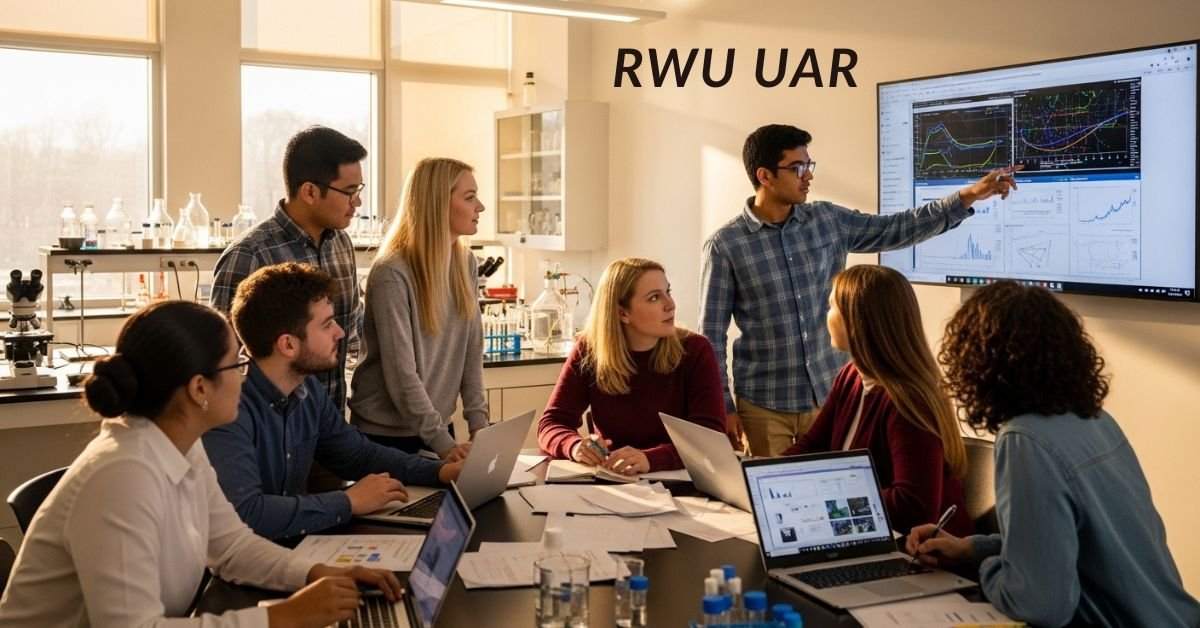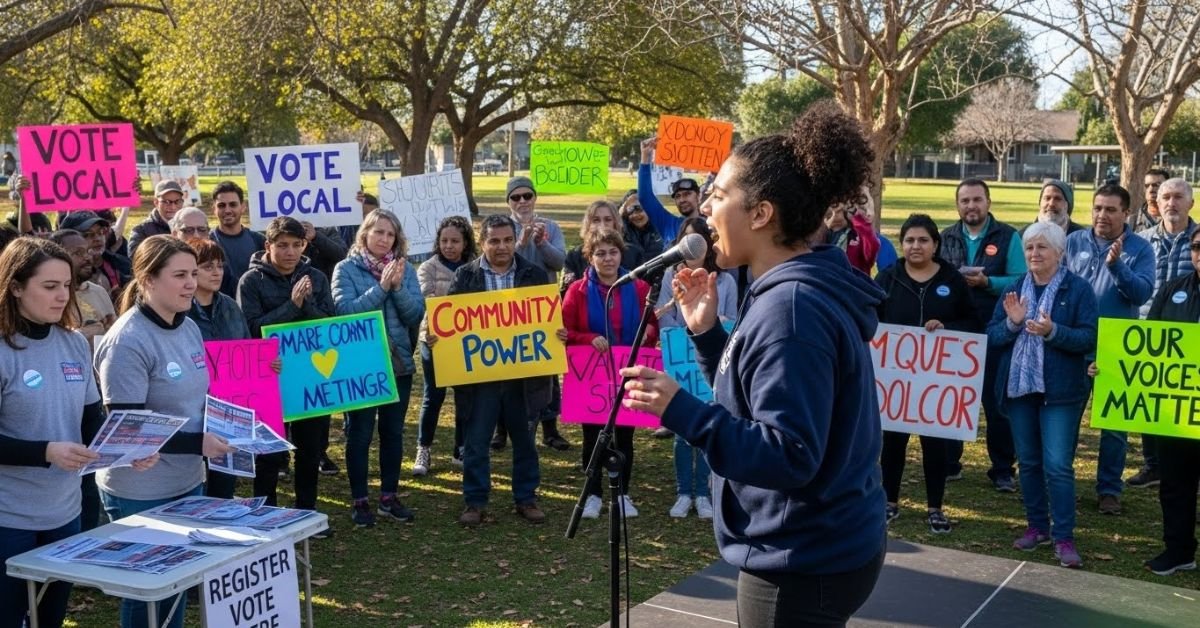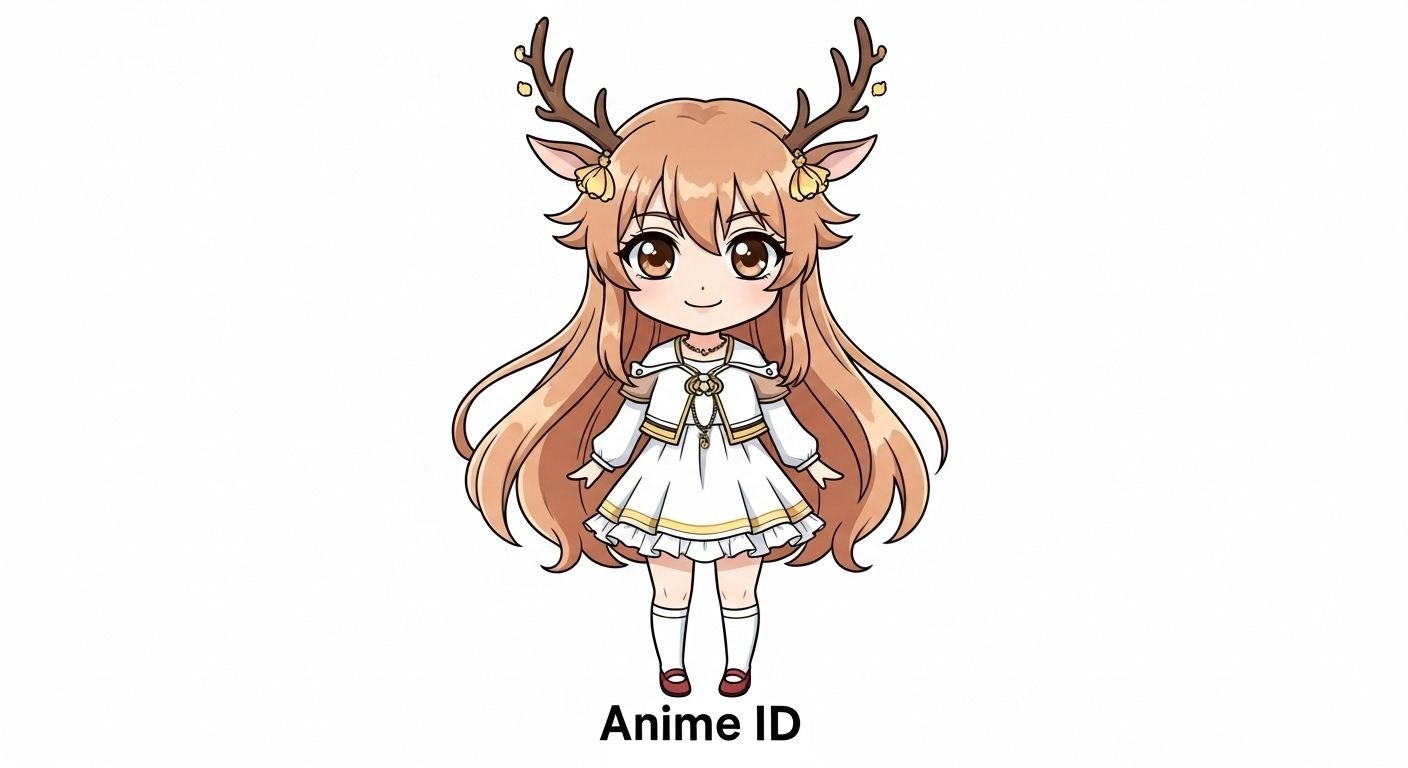Undergraduate research has transformed from being an optional activity into a central part of many students’ academic journeys. At Roger Williams University (RWU), the Undergraduate Applied Research (UAR) program has become a driving force behind this transformation. By combining mentorship, hands-on projects, and real-world applications, RWU UAR equips students with the tools and confidence needed to excel not only in college but also in their future careers.
In this blog, we’ll explore how RWU UAR supports undergraduate research success, the unique opportunities it creates, and why it stands out as a model for empowering student scholars.
Contents
- 1 The Foundation of Undergraduate Research at RWU
- 2 Mentorship as the Heart of UAR
- 3 Opportunities Across Disciplines
- 4 Building Essential Skills Through Applied Research
- 5 Funding and Resources for Student Scholars
- 6 Showcasing Student Work
- 7 RWU UAR vs. Traditional Undergraduate Research
- 8 Research That Impacts Communities
- 9 Preparing Students for Future Success
- 10 A Supportive and Collaborative Environment
- 11 The Ripple Effect of Undergraduate Research
- 12 Frequently Asked Questions
- 13 Conclusion
The Foundation of Undergraduate Research at RWU
Undergraduate research at RWU is rooted in the belief that students learn best when they actively contribute to knowledge creation. Instead of limiting education to textbooks and lectures, RWU UAR emphasizes applied research, where students directly engage with challenges in their fields. This approach encourages critical thinking, collaboration, and innovation.
Students are not treated as passive learners but as emerging scholars. By positioning undergraduates as active contributors, RWU has cultivated a research culture that values curiosity and creativity. Whether in the sciences, humanities, social sciences, or arts, UAR ensures that every student has a chance to explore, discover, and innovate.
Mentorship as the Heart of UAR
One of the most impactful aspects of RWU UAR is the strong mentorship model. Students work closely with faculty mentors who provide guidance, feedback, and professional insights. This relationship helps students navigate the complexities of research while gaining confidence in their abilities.
Mentorship is not just about supervision—it’s about partnership. Faculty treat students as collaborators, encouraging them to think independently while offering the support needed to succeed. This mentorship extends beyond research projects, often helping students prepare for graduate school applications, job opportunities, and networking in professional circles.
Opportunities Across Disciplines
RWU UAR is not limited to a single area of study. Instead, it embraces the full spectrum of disciplines, making research accessible to all undergraduates. From environmental science projects that address pressing ecological issues to humanities research that explores cultural narratives, students find meaningful opportunities aligned with their passions.
By bridging disciplines, RWU creates space for interdisciplinary projects. For example, a biology student might collaborate with a public health major to study environmental impacts on community health. These collaborations mirror real-world problem-solving, preparing students to work across fields after graduation.
Building Essential Skills Through Applied Research
Undergraduate research is not only about producing academic work—it’s about skill-building. RWU UAR helps students develop transferable skills that are highly valued by employers and graduate schools.
Students sharpen their ability to analyze data, communicate complex ideas clearly, and think critically about real-world challenges. They also gain project management experience, learning how to set goals, meet deadlines, and work collaboratively. These skills become a solid foundation for success in any career path.
Funding and Resources for Student Scholars
RWU UAR goes beyond opportunities by offering practical support. Funding options, grants, and stipends allow students to dedicate time and energy to their research without being burdened by financial constraints. Access to labs, libraries, technology, and professional networks further enhances the research experience.
This commitment ensures that undergraduate research at RWU is inclusive and accessible. Students from diverse backgrounds can participate without worrying about barriers, making research a cornerstone of the RWU academic experience.
Showcasing Student Work
Research is most impactful when shared, and RWU UAR provides numerous platforms for students to present their findings. Annual research symposia, conferences, and exhibitions allow students to showcase their projects to faculty, peers, and external audiences.
These events not only celebrate achievements but also prepare students for professional communication. By presenting at conferences or publishing in academic journals, students gain valuable experience that sets them apart when applying for jobs or graduate programs.
RWU UAR vs. Traditional Undergraduate Research
To understand how RWU UAR stands out, it helps to compare it with more traditional undergraduate research programs.
| Feature | Traditional Undergraduate Research | RWU UAR |
|---|---|---|
| Scope | Often limited to specific majors or honors students | Open across all disciplines |
| Mentorship | Faculty-driven with limited collaboration | Partnership model with active student involvement |
| Funding | Limited or competitive | Accessible funding and resources |
| Opportunities | Few platforms for presentation | Regular symposia, conferences, and publications |
| Focus | Theory-based academic projects | Applied research with real-world impact |
RWU UAR clearly prioritizes accessibility, inclusivity, and practical application, setting it apart as a leader in empowering student research.
Research That Impacts Communities
RWU emphasizes research that doesn’t just stay within the university walls but extends into communities. Through UAR, students tackle issues with direct societal relevance—whether improving sustainability practices, contributing to public policy discussions, or developing creative projects that influence culture.
This community-centered approach makes research more meaningful. Students feel their work has purpose and can see tangible results beyond grades or academic recognition. It also strengthens RWU’s role as an institution that serves not only its students but also the broader community.
Preparing Students for Future Success
The skills and experiences students gain through RWU UAR are a powerful preparation for life after graduation. Many graduates credit their undergraduate research with helping them stand out in competitive job markets or secure spots in top graduate programs.
Employers value the ability to think critically, manage complex projects, and communicate effectively. Graduate schools look for applicants who already have research experience and the discipline to carry out advanced studies. RWU UAR ensures that students leave with both.
A Supportive and Collaborative Environment
RWU UAR thrives because it fosters a culture of collaboration. Students work not only with faculty but also with peers, building networks and friendships that enrich their academic journeys. This environment encourages experimentation, where students feel safe to ask bold questions and pursue innovative solutions.
Collaboration also enhances creativity. By engaging with diverse perspectives, students learn to approach problems in new ways. This collaborative spirit is one of the defining features of RWU’s research culture.
The Ripple Effect of Undergraduate Research
The impact of RWU UAR extends far beyond individual students. As graduates enter the workforce or pursue advanced degrees, they carry with them the confidence, skills, and curiosity they developed through research. This creates a ripple effect, spreading innovation and leadership into various industries and communities.
The program not only transforms student lives but also contributes to the broader mission of advancing knowledge and addressing real-world challenges. RWU UAR is more than an academic initiative—it’s a catalyst for positive change.
Frequently Asked Questions
What is RWU UAR?
RWU UAR stands for Undergraduate Applied Research at Roger Williams University. It is a program designed to support, mentor, and fund undergraduate students in meaningful research projects across all disciplines.
Can students from any major participate in RWU UAR?
Yes, RWU UAR is inclusive of all majors and disciplines. Students from sciences, humanities, arts, and social sciences all have opportunities to engage in research.
How does RWU UAR benefit students after graduation?
The program equips students with critical skills such as data analysis, communication, and problem-solving. These skills, along with research experience, help students stand out in job markets and graduate school applications.
Does RWU UAR provide funding for projects?
Yes, RWU offers grants, stipends, and access to resources that help students carry out their projects without financial barriers.
Where can students showcase their research at RWU?
Students present their work at annual symposia, conferences, exhibitions, and often publish in academic journals or present at national events.
Conclusion
RWU UAR is redefining undergraduate research by making it accessible, impactful, and empowering. Through mentorship, funding, interdisciplinary opportunities, and platforms for presentation, it ensures that every student can experience the transformative power of research.
For undergraduates, RWU UAR is more than just a program—it is a launchpad for academic and professional success. By cultivating curiosity, fostering collaboration, and supporting real-world applications, it prepares students not just for graduation but for a lifetime of achievement.




